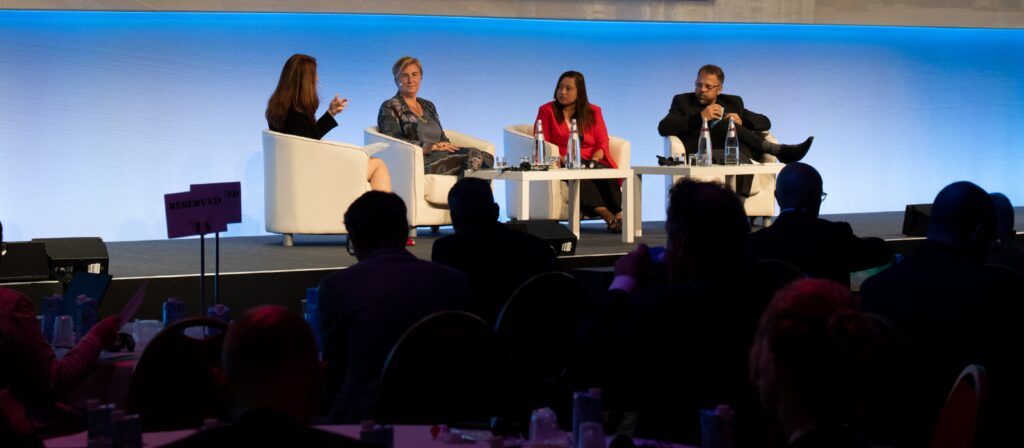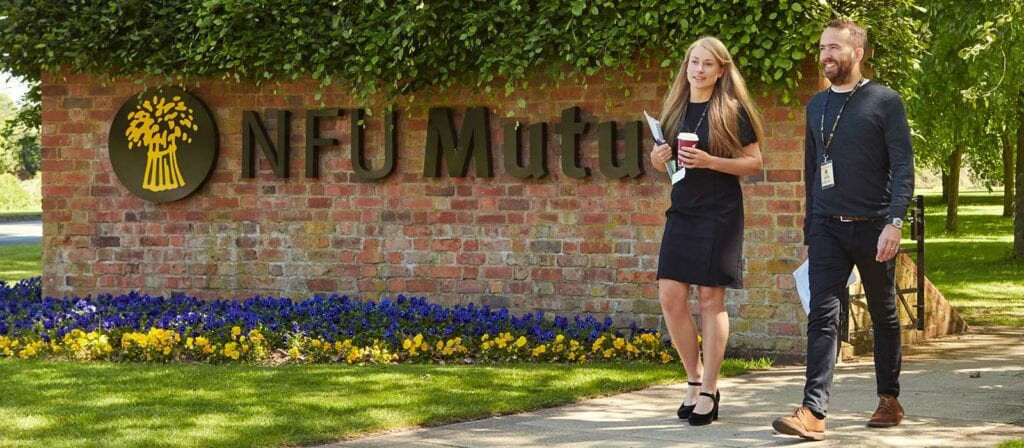Culture, as specific behaviours, enables an organisation’s business imperatives and must align with the purpose, mission, and values of the organisation. There are elements that frame and nudge behaviours within an organisation, including values, beliefs, symbols, and systems. Middle managers and supervisors play an important role in embodying and promoting desirable organisational behaviours and the organisational levers or systems that can be used to obtain behavioural results.
Nudge and shove frameworks are levers that can be used to influence behaviour at different levels. Nudges are small, subtle cues that can push people in a certain direction without them even realising it, while shoves are more direct and forceful methods of influencing behaviour. When building a culture roadmap, it’s important to identify which nudges and shoves will be most effective for the specific behaviours you want to encourage or discourage.
The HR wheel framework consists of several key areas that HR professionals should focus on in order to drive cultural change, including recruitment and selection, training and development, performance management, and compensation and benefits. By focusing on each of these areas in a strategic and intentional way, organisations can create a culture that supports their mission and values.
Accountability, transparency, and recognition are important in creating and maintaining a strong organisational culture and it is crucial for the CEO and leadership team to take ownership of the desired culture and demonstrate it through their actions and behaviours. They need to be clear about their expectations and ensure that everyone in the organisation understands and embodies them.
However, there are challenges faced by middle managers in balancing the expectations of their leaders and the individualised expectations of their teams. The new generation of employees has unique needs and desires, and managers must be equipped to meet them. Failure to do so can lead to the emergence of micro-cultures or subcultures that can be detrimental to the overall organisational culture. Therefore, it is essential to ensure that managers understand and embody the desired culture to prevent such subcultures from emerging.
This presentation was delivered during the monthly ICMIF Member-to-Member Discussions for HR Directors. Please contact Mike Ashurst, Vice-President of Reinsurance and Professional Development, to find out more about the HR discussions.





